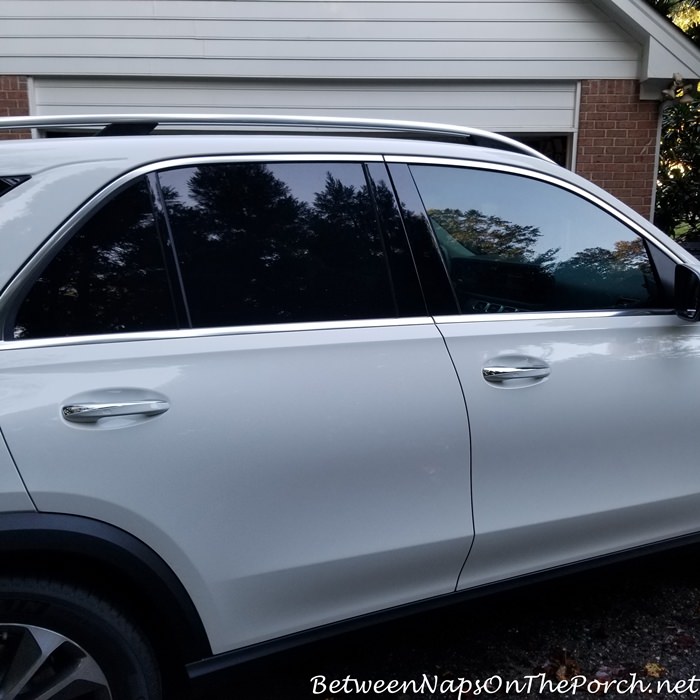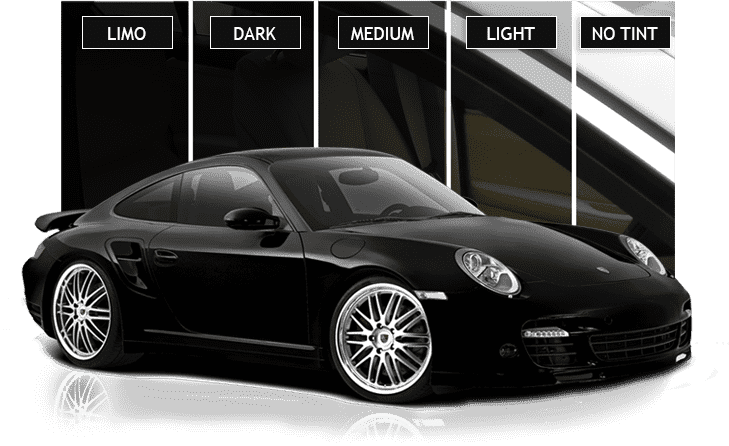How Window Tinting Can Improve Privacy and Reduce Heat in Your Car
How Window Tinting Can Improve Privacy and Reduce Heat in Your Car
Blog Article
Window Tinting Regulations: What You Need to Know Prior To Tinting Your Car
Comprehending window tinting laws is vital for any kind of vehicle owner considering tinting their car. As you consider boosting your automobile's appearance and capability, it is essential to comprehend not just the legal implications however additionally the sensible factors to consider that come with choosing the best color.
Value of Recognizing Color Laws
Comprehending home window tinting regulations is vital for vehicle proprietors to make certain conformity with state policies. These legislations determine the allowable degrees of tint darkness and reflectivity, which can dramatically vary from one jurisdiction to another. Falling short to stick to these laws can cause penalties, obligatory removal of the tint, and potential issues during car evaluations.
Moreover, understanding these regulations helps automobile owners make educated decisions about their tinting alternatives. Different kinds of window movies supply numerous advantages, such as UV protection, heat denial, and glow decrease. Without expertise of the legal limits, lorry owners risk selecting products that might inevitably lead to lawful concerns.
Furthermore, awareness of tinting legislations cultivates a safer driving environment. window tinting. Exceedingly dark tints can hinder exposure, raising the threat of mishaps, particularly at night or in unfavorable climate problems. Law enforcement agencies likewise utilize these guidelines to make sure road security, making compliance not simply an individual obligation however a lawful obligation
State-Specific Tint Laws
Each state in the united state has established its very own details guidelines concerning window tinting, mirroring a varied variety of criteria and needs. These laws can differ dramatically, influencing exactly how automobile owners approach installment and conformity. Some states permit darker colors on rear home windows while imposing strict limitations on front-side home windows.
Furthermore, regulations frequently specify allowed tint products and shades. Certain states ban reflective tints entirely, while others may permit them to a limited level. Moreover, some jurisdictions mandate that lorries with tinted windows present a sticker indicating compliance with state legislations, providing a clear identification for law enforcement.
Enforcement of these laws also varies; some states are much more positive, performing random checks, while others rely upon grievances or noticeable offenses to initiate enforcement. Car owners ought to understand that failing to comply with state-specific color regulations can lead to fines, required removal of unlawful tints, or both.

Legal Tint Percentages
Determining the legal color percents is vital for automobile owners seeking to abide by state laws. Each state has details legislations controling just how much light has to travel through the home windows of a vehicle, which is shared as a portion referred to as Visible Light Transmission (VLT) This portion differs considerably across states and can depend on the kind of home window-- front side, back side, and windshield.
For example, some states permit as little as 20% VLT on front side windows, while others might allow as much as 50%. Windshield tinting is commonly more limited, with lots of territories allowing just a narrow band of tint on top of the windshield. In contrast, back windows commonly have extra forgiving regulations, with some states allowing darker colors.
It is vital for automobile proprietors to acquaint themselves with their neighborhood laws to prevent possible legal issues. This includes understanding how VLT is measured, as it can vary based on the kind of home window film made use of. Staying educated concerning these guidelines ensures conformity and advertises secure driving problems for both the lorry proprietor and others on the roadway.
Repercussions of Non-Compliance
Falling short to adhere to home window tinting legislations can lead to significant effects for automobile owners. Policemans trained to determine illegal color levels might release penalties, which can differ by territory however commonly range from modest see this here to substantial amounts.

Insurance coverage business might likewise penalize for non-compliance, as unlawful alterations can be considered as a violation of policy terms. If an incident takes place., this might impact coverage prices or lead to problems in insurance claims.
Eventually, the effects of non-compliance prolong past instant financial penalties; they can affect a vehicle driver's insurance prices, legal standing, and overall vehicle value, highlighting the importance of sticking to local home window tinting guidelines.
Tips for Choosing Tinting Options
Understanding the effects of non-compliance highlights the value of making informed options when choosing home window tinting options. First of all, acquaint yourself with your state's certain regulations regarding tint darkness and reflectivity. Each state has unique regulations that dictate the allowable limitations, so ensure you stay within these guidelines to prevent penalties.
Secondly, take into consideration the kind of tint material. Alternatives consist of colored, metalized, and ceramic tints, each offering differing degrees of warmth denial, UV defense, and toughness. Ceramic tints offer exceptional warmth resistance without conflicting with digital tools, making them a preferred choice.
In addition, examine your main purpose for tinting. If you seek boosted personal privacy, choose darker colors; nonetheless, keep in mind that this might impact exposure in the evening. Conversely, if glare decrease and UV defense are your main concerns, lighter tints might suffice.
Last but not least, consult with a professional installer who is experienced regarding local guidelines and can suggest top quality materials suited to your demands (window tinting). Taking these variables into account will certainly ensure you make a knowledgeable decision, inevitably boosting both your car's visual appeals and capability
Verdict
Finally, knowledge with home window tinting legislations is necessary prior to applying color to a vehicle. Each state enforces particular regulations relating to visible light transmission percents, particularly for front-side home windows and windscreens. Non-compliance can result in considerable fines, consisting of penalties and obligatory elimination of non-conforming color. By understanding lawful requirements and choosing appropriate tint materials, automobile proprietors can attain aesthetic improvement while continuing to be compliant with relevant legislations. Adherence to these standards guarantees both safety and security and complete satisfaction.
Understanding home window tinting laws is crucial for any kind of lorry proprietor read this taking into consideration tinting their cars and truck.Understanding window tinting legislations is critical for vehicle proprietors to make certain compliance with state regulations. Some states allow darker colors on rear windows while enforcing stringent limits on front-side home windows.
In contrast, rear windows normally have a lot more lenient regulations, with some states allowing darker tints. (window index tinting)
In conclusion, experience with window tinting laws is necessary prior to using tint to a car.
Report this page